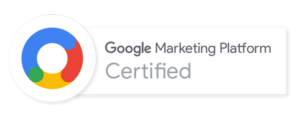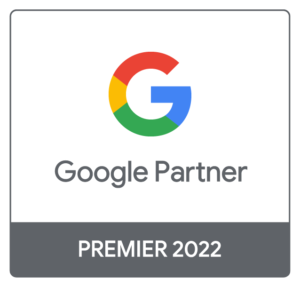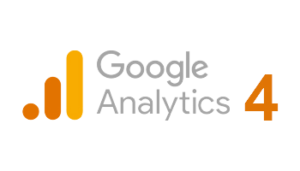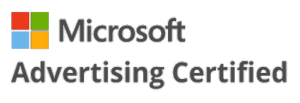New ways to deliver your message in a crowded ad environnement

In the fast-evolving world of digital marketing, advertisers are constantly under pressure to improve performance while keeping costs in check. One of the most powerful tools in recent years has been automation in paid search – and for good reason. By leveraging machine learning, smart bidding, and real-time data analysis, businesses are achieving lower Cost Per Acquisition (CPA) without sacrificing lead or conversion volume.
In this article, we’ll explore how automation helped reduce CPA significantly in a real-world campaign, and the key takeaways for marketers looking to do the same.
What Is Paid Search Automation?
Paid search automation refers to the use of AI-powered tools and automated rules to manage and optimize PPC campaigns – especially on platforms like Google Ads and Microsoft Ads. This includes:
-
Smart Bidding (e.g. Target CPA, Maximize Conversions)
-
Automated Ad Creation (Responsive Search Ads)
-
Dynamic Keyword Insertion
-
Real-Time Performance Adjustments
-
Audience & Device Targeting Optimization
Instead of manually adjusting bids or pausing underperforming keywords, automation handles these tasks in real time – often faster and more accurately than a human ever could.

The Challenge: High CPA with Manual Campaigns
Before switching to automation, our campaign was manually managed. This meant frequent bid adjustments, performance checks, and split testing of ad copy – all of which consumed time and still resulted in inconsistent CPA levels. While volume was stable, the cost per acquisition was steadily rising due to:
-
Increased competition
-
Fluctuating user behavior
-
Limited insights from manual reports
We needed a scalable solution that could optimize performance dynamically, without constant human intervention.
The Solution: Transitioning to Smart Bidding
We shifted our bidding strategy to Target CPA, one of Google’s smart bidding strategies. Instead of setting individual keyword bids, we trained the algorithm using conversion data, allowing it to automatically adjust bids in real-time to reach our CPA goal.
We also:
-
Switched to Responsive Search Ads (RSAs) for more flexible ad delivery
-
Enabled automated extensions to increase CTR
-
Implemented broad match keywords combined with smart bidding to expand reach while maintaining relevance
The Results: Lower CPA, Same (or Higher) Volume
Within the first 30 days of automation:
-
CPA dropped by 27% across all campaigns
-
Conversion volume increased by 12%
-
Click-through rate (CTR) improved by 15%
-
Time spent on manual optimizations was reduced by over 40%
Not only did we hit our CPA targets, but we also scaled our campaigns without needing additional budget.

Why It Worked
Here are the key factors behind the success:
-
Data-Driven Learning: The algorithm quickly learned which combinations of ads, audiences, and keywords drove the best results.
-
Real-Time Adjustments: Bid strategies updated in real-time, reacting to shifts in competition and user intent.
-
Expanded Reach: Using broad match keywords with smart bidding allowed us to tap into high-converting queries we hadn’t previously targeted.
-
Consistency: Automation brought a level of performance stability that manual management couldn’t maintain.
Final Thoughts
Paid search automation isn’t just a time-saver – it’s a performance driver. By embracing tools like Smart Bidding and Responsive Search Ads, advertisers can significantly reduce CPA while maintaining or even increasing volume.
Of course, automation isn’t a “set it and forget it” solution. Success still requires strategic input: setting the right goals, feeding the algorithm with clean data, and consistently reviewing performance.
If your CPA is creeping up and your manual optimizations aren’t cutting it, it might be time to let automation do the heavy lifting.
Need Help Automating Your Paid Search Campaigns?
Whether you’re just getting started or looking to fine-tune your automation strategy, our team can help. Contact us today to discover how we can optimize your campaigns for smarter performance.








